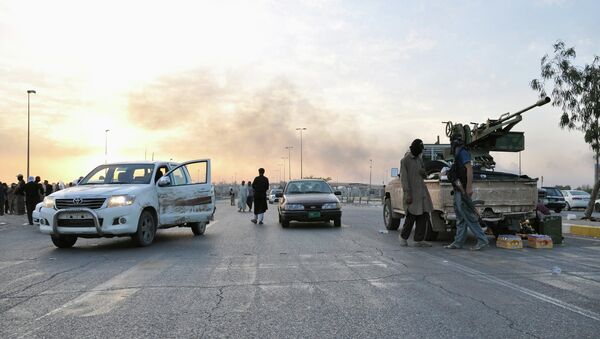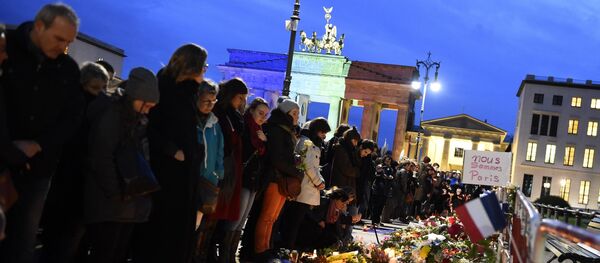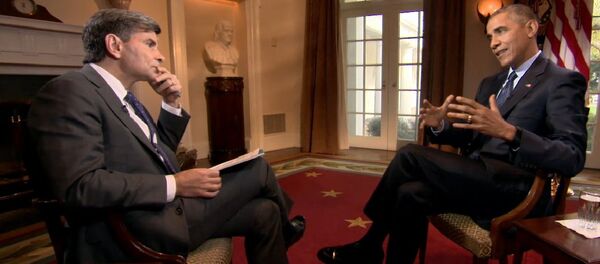Bowen, a Senior Fellow and Director of Middle East Studies at the Washington-based Center for the National Interest, suggested that "since the seizure of Mosul over a year and a half ago, President Obama's team has consistently underestimated the potency and resilience of ISIL as a national security threat to the United States."
The analyst recalled how the president "previously referred to the nascent organization as a 'junior varsity' team, and a day before Paris remarked that ISIL had been downsized and contained." Furthermore, "even before the rise of ISIL, the White House has misjudged the potential risks of Syria's civil war on the security of the US homeland and its allies abroad."
And when the US did decide to intervene against the terrorist group, when it had already captured large swathes of Syria and Iraq, Bowen noted that the US's military strategy has been "both cumbersome and failing to reap significant progress. The anti-ISIL air campaign," the analyst noted, "has consistently favored restraint and narrowly defined targets at the expense of making an effective and credible push to debilitate ISIL's supply lines and their ability to hold key strategic centers, notably Raqqa and Mosul."
Commenting on the US's stated goals of minimizing civilian casualties, Bowen noted that "while minimizing civilian casualties is a necessary priority, this objective shouldn't be at the expense of allowing ISIL to manage and run a state from which they have launched both a reign of terror in Syria and Iraq and abroad."
What underlines "these strategic and tactical failings," according to the analyst, "are the fundamental underpinnings of President Obama's flawed approach to ISIL. ISIL cannot be simply contained."
"The mindset that Washington can remain safe and secure and focus on Asia without having a sustained strategy for combatting global extremism and addressing instability in the Middle East may sound appealing for a President seeking a legacy of ending wars in the Middle East, but it isn't a strategy for security America's future," Bowen noted. "Quite the contrary."
Ultimately, the analyst suggests that instead of focusing on "engaging opponents in the region, Washington needs to reinvest in its partners…and also improve relations with other states facing common challenges." The president, in his view "should use the tragic events in Paris as an opportunity to reexamine his fundamental assumptions about America's interests and its security globally."



